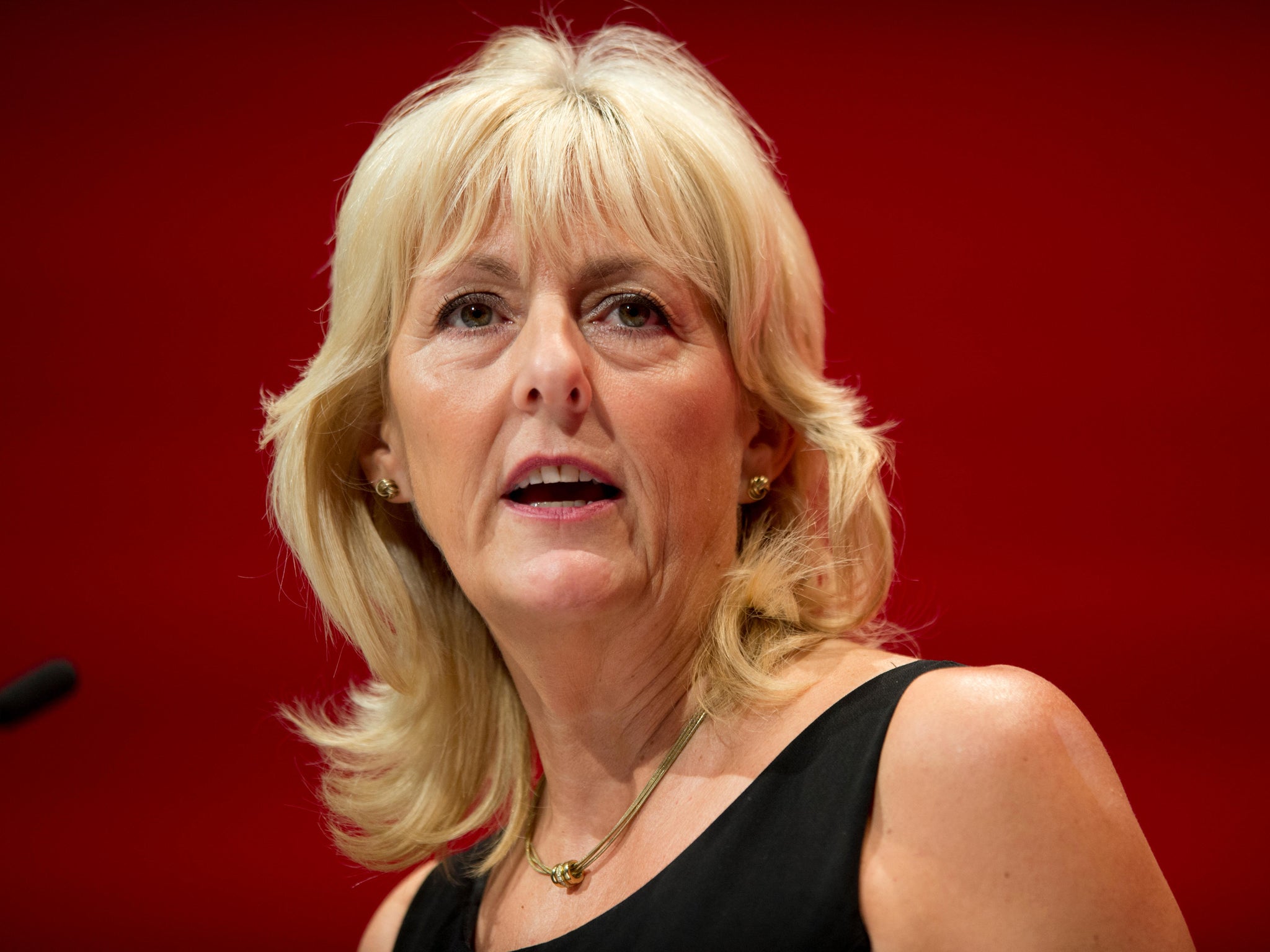Jennie Formby’s appointment has completed Jeremy Corbyn’s takeover of the party
Corbyn can relax – for now. I’m told there is no prospect of a Labour breakaway anytime soon. But the threat hasn’t entirely gone away


“The hostile takeover bid for the party is finally complete,” one Corbyn-supporting MP said after Jennie Formby, a Unite official, was appointed Labour’s general secretary on Tuesday.
Iain McNicol, her predecessor, was viewed as “not one of us” by the Corbynistas. Others saw him as a neutral upholder of Labour’s rulebook – his job, after all. His departure led to a “Jexodus” of staff from Labour HQ with 80 years’ service between them, including experience of Labour in government, which Corbyn’s critics claim his team lacks.
Formby’s arrival strengthens Unite’s grip on the Labour machine, a development that worries some other trade unions. In fact, the race to become Labour’s top official turned into an arm-wrestling contest between the unions and Momentum, the Corbyn fan club which wants to dilute the unions’ top-down internal power by boosting grassroots democracy. Jon Lansman, Momentum’s founder, threw his hat in the ring but then pulled out after Corbyn’s displeasure was made clear.
Corbyn’s internal critics were left on the sidelines without a dog in the fight. It is a miserable time for them. Corbyn enjoys more power inside the party than any previous Labour leader. Sullen acceptance in the minds of Labour MPs who could never be part of his project has turned to anger over his stance on the Salisbury nerve agent attack, and his refusal to blame Russia when even his closest ally John McDonnell does.
Corbyn, dubbed “the foreign secretary” by the left during its long years in the wilderness, has always seemed more interested in the detail of foreign rather than domestic policy. Today he trusts the instincts which have served him well over 40 years. They did so in the heat of last year’s general election battle. The Tories believed his links with the IRA would harm him, but their attacks left younger voters cold. Even two acts of terrorism on British soil didn’t change the game. By a margin of 3-1, the public believed that UK intervention abroad had made it more vulnerable to terrorist attacks.
Yet Salisbury feels different, and Corbyn may have misjudged the public mood this time. Even shadow cabinet loyalists appear to think so.
For some Labour MPs, his response has led them to question whether they can campaign for him to be prime minister. Inevitably, such thoughts have revived speculation about a breakaway centrist party. There’s nothing new about this. It has bubbled up several times since Corbyn became leader in 2015.
Team Corbyn takes the threat seriously – not because it thinks a new centre party would sweep the country, but that it could split the centre-left vote and help the Conservatives retain power. That happened when Labour MPs formed the breakaway Social Democratic Party in 1981.
Corbyn can relax – for now. I’m told there is no prospect of a Labour breakaway anytime soon. But the threat hasn’t entirely gone away. There’s nowhere for the centrists to go at present. But there just might be by the end of this year.
It all hinges on Brexit. Many of Corbyn’s MP critics are pro-EU. They are quietly building cross-party alliances in the hope of halting Brexit when Parliament votes on Theresa May’s deal this autumn. This is still a long shot. Public opinion has not turned against Brexit in the way its opponents had hoped. But they believe 40 per cent of the public are worried about Brexit and crying out for leadership on how to stop it. They hope that, when the EU negotiations turn to the long-term trade deal after this week’s Brussels summit, the public will tune in as the options for the UK’s future become clearer.
For now, it sounds like fantasy politics. But some Labour centrists are convinced May will get a bad deal – for example, without a customs union – and that a cross-party rebellion against it might just move the tectonic plates enough to create a new pro-EU party involving some Labour and Tory figures plus the Liberal Democrats.
The 25 pro-EU Tories would hold the key. Their votes would be needed to reject May’s deal, and for Parliament to refer the question back to the people in a referendum. Some Tories might do it, but this group have sometimes talked a better pro-EU game than they have played. And they would come under enormous Tory pressure not to inflict a humiliating defeat on May that could result in a general election and Corbyn government (even though the Fixed-term Parliaments Act would probably prevent that).
The proposed cross-party alliance would try to stop May presenting the choice to Parliament as between her deal and no deal, by framing it as between “a bad deal” and “no Brexit” (via a referendum). A long shot indeed. But stranger things…

Join our commenting forum
Join thought-provoking conversations, follow other Independent readers and see their replies